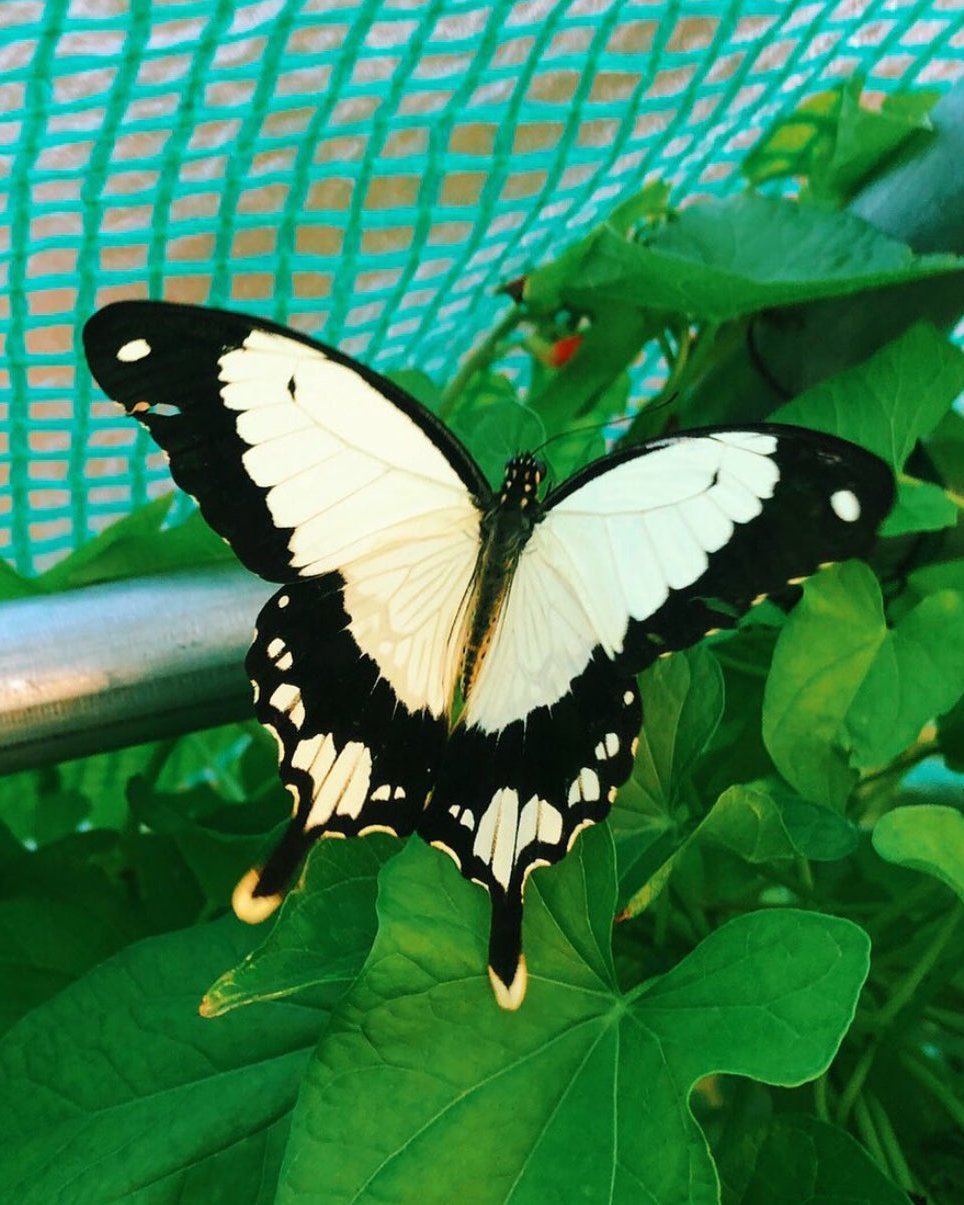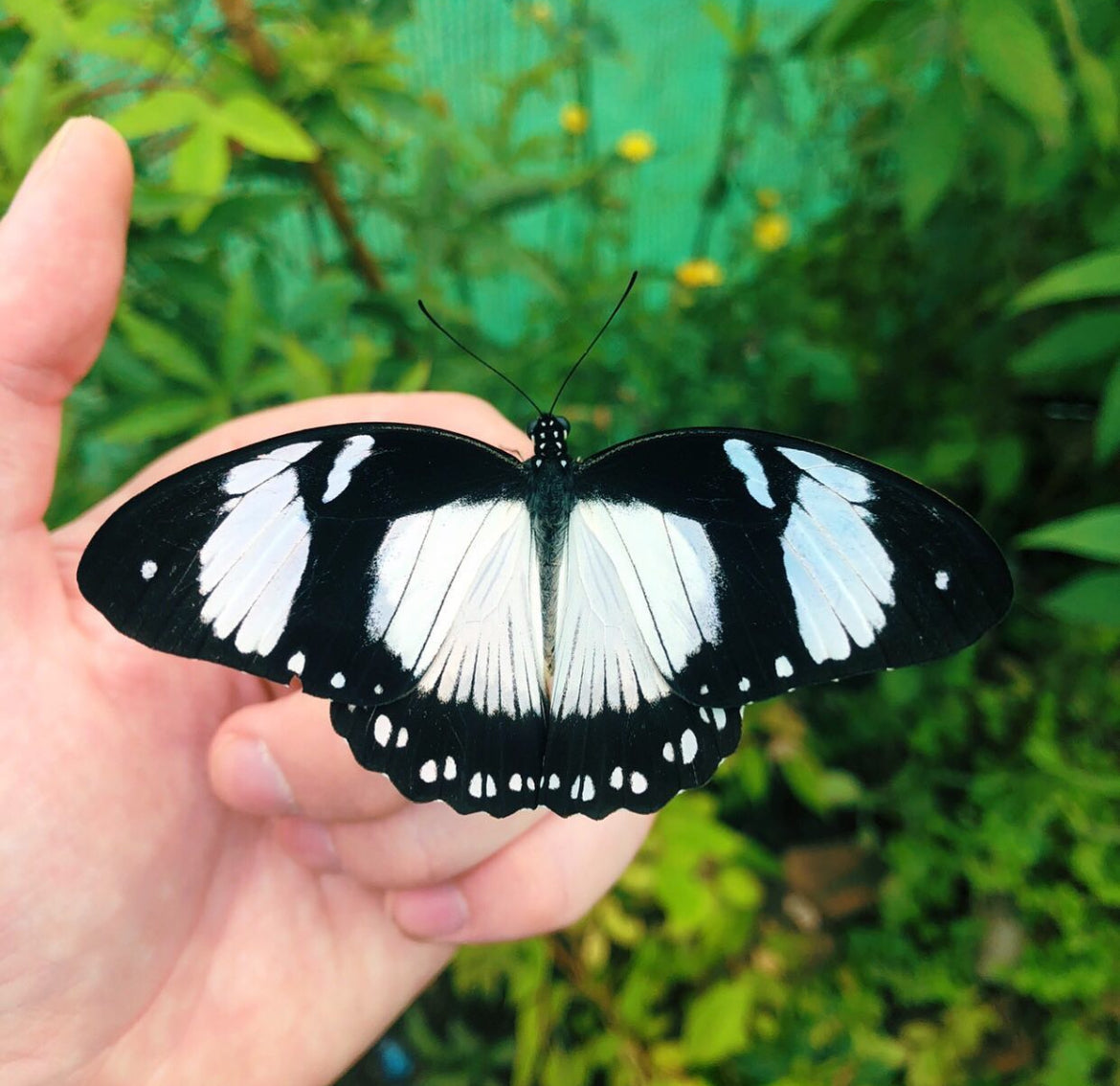Bugs & Butterflies UK
Mocker Swallowtail PUPAE (Papilio dardanus)
Mocker Swallowtail PUPAE (Papilio dardanus)
Couldn't load pickup availability
Papilio dardanus, commonly known Mocker Swallowtail, is a fascinating butterfly in the family Papilionidae. It is widely distributed across sub-Saharan Africa, inhabiting a range of environments, from forests to savannas. This species is renowned for its remarkable mimicry and polymorphism, particularly in females (which have 14 distinct forms and multiple intermediary forms), making it a subject of extensive evolutionary study.
The adult males are relatively uniform in appearance, with pale cream wings accented by black margins and markings, and a wingspan ranging from 8 to 12cm. However, the females display extraordinary variation. In many regions, female Papilio dardanus mimic toxic butterflies, such as those in the genus Danaus, a strategy that helps them avoid predation. This is an example of Batesian mimicry, where a harmless species imitates a harmful one for protection.
The caterpillars feed on plants in the citrus family (Rutaceae), such as Citrus and Clausena species, although in captivity they enjoy Choisya ternata. The larvae are well-camouflaged, resembling bird droppings in early stages before becoming green at maturity - resembling plant stems - to avoid predators.
The adaptability and mimicry of Papilio dardanus have made it an iconic species for understanding natural selection and evolutionary biology. Although its populations are stable in many areas, habitat loss and pesticide use can threaten localized populations, underscoring the importance of conservation efforts. Our stock is obtained from sustainable butterfly farms in Kenya which support habitat preservation.
Host plants: Citrus; Choisya; Clausena; Zanthoxylum.
Difficulty: Easy (1/10) in all stages.
Conditions: Room temperature; pupae require humidity; butterflies enjoy warmth and sunshine.
Lifecycle: Continually brooded however pupae can go dormant when cold or dry weather occurs.
Share









